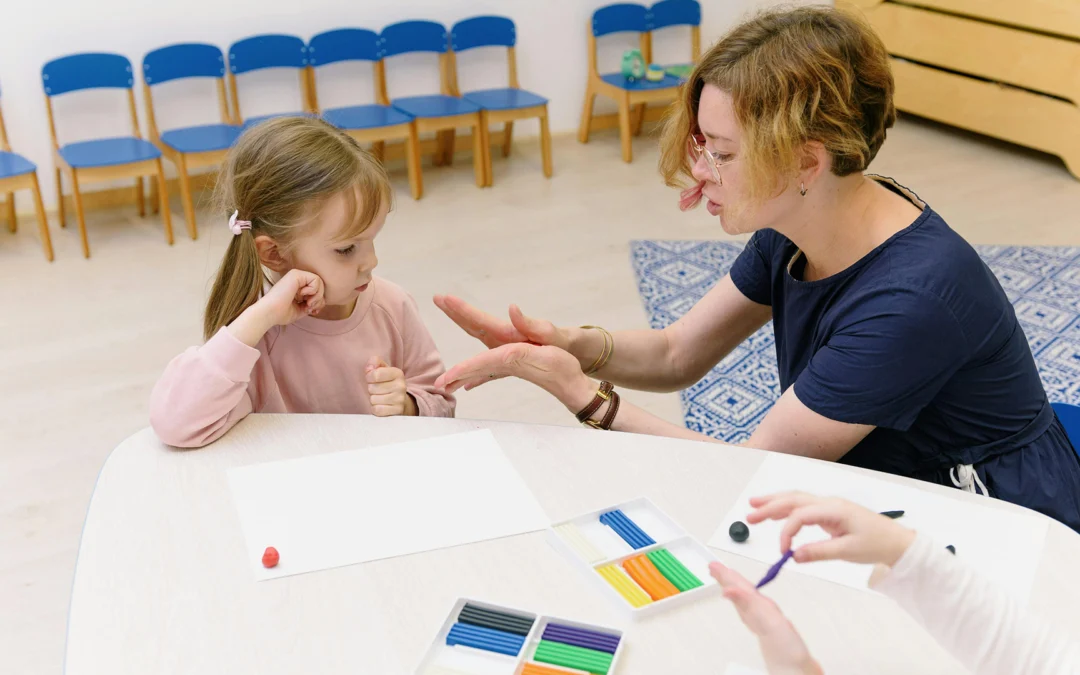Many people struggle with learning in specific areas, even though they are intelligent and have had the opportunity to learn. These struggles may be due to Specific Learning Disorders (SLDs), which affect reading, writing, or maths skills. SLDs are neurological (related to how the brain processes information) and are not caused by laziness or lack of effort.
Types of Specific Learning Disorders
1. SLD with Impairment in Reading (Dyslexia)
- Reads slowly and makes many mistakes.
- Struggles to understand what they read.
- Has difficulty sounding out words and/or recognising letter patterns.
- Avoids reading because it feels too hard.
2. SLD with Writing Difficulties – Makes frequent spelling mistakes.
- Has trouble structuring sentences and paragraphs.
- Struggles with grammar and punctuation.
- Finds writing tasks tiring and frustrating.
3. SLD with Impairment in Mathematics (Dyscalculia)
- Struggles to remember math facts (like times tables).
- Has trouble understanding number concepts (e.g., bigger vs. smaller).
- Gets lost in multi-step maths problems.
- Has poor number sense and requires physical or visual aids – for example, depends on finger counting long after peers stop using it.
How These Disorders Affect Children in the Classroom
- Reading difficulties make it hard to keep up with classwork and learn new information.
- Writing struggles can make assignments frustrating and lower self-confidence.
- Maths difficulties may cause anxiety and a fear of numbers.
- Memory and attention problems can make learning even harder.
- Children may feel anxious, frustrated, and/or wish to avoid school.
How to Help Students with SLDs
For Reading Difficulties (Dyslexia):
- Teach phonics (breaking words into sounds).
- Allow extra time for reading and tests.
- Use audiobooks and read-along programs.
- Encourage repeated reading of simple texts like decodable readers.
For Writing Difficulties:
- Teach spelling rules and patterns.
- Provide sentence starters and writing templates.
- Allow the use of speech-to-text software or typing instead of handwriting.
- Break writing tasks into smaller steps (planning, drafting, editing).
For Maths Difficulties (Dyscalculia):
- Use visual aids and manipulatives like number lines, blocks, and counters.
- Provide step-by-step instructions and worked examples for solving maths problems.
- Allow the use of calculators when appropriate.
- Teach maths concepts through games and hands-on activities.
For Parents & Teachers:
- Help children feel comfortable and supported in the classroom.
- Teach them how to manage stress and frustration.
- Provide positive feedback and encouragement.
- Break large tasks into smaller, manageable steps.
For more information and resources contact our team or check out our library.
Take the first steps towards your child’s future!
Is your child experiencing learning difficulties?
Support your child’s future with Speld Qld.
Psychologists available now!








